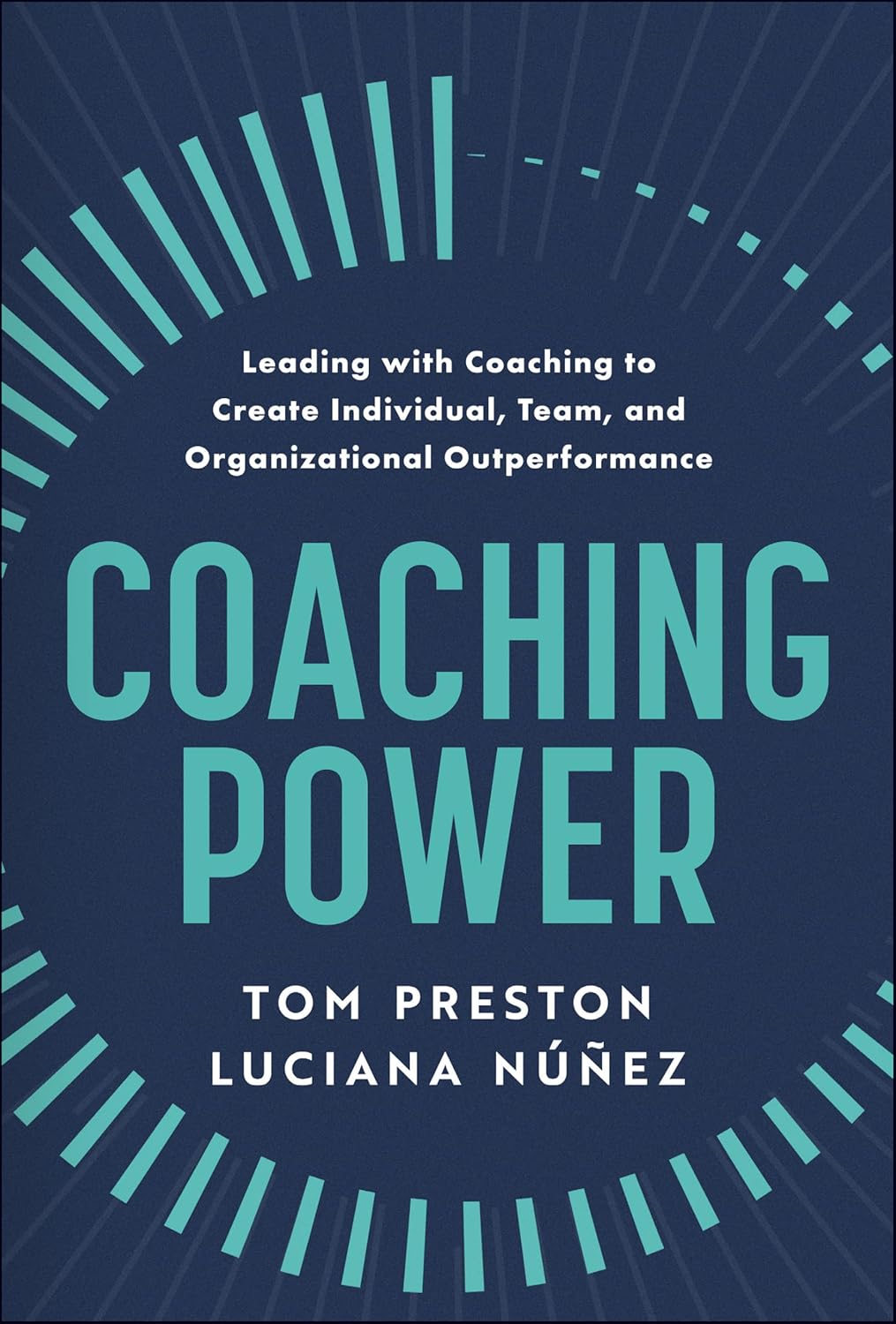Great leaders don’t just give orders. They develop and empower their teams! In today’s episode of The Small Business Show, we’re joined by Luciana Nuñez, an author, executive coach, and Head of the Americas at The Preston Associates. She discusses key principles from her and Tom Preston’s new book, Coaching Power: Leading With Coaching to Create Individual, Team, and Organizational Outperformance, emphasizing the transformative role coaching can play for leaders at all levels.


Coaching Power: Leading With Coaching to Create Individual, Team, and Organizational Outperformance
Coaching is a powerful tool for leaders, guiding them from where they are to where they want to be. Nuñez draws a parallel to the world of sports, explaining how good guidance helps leaders navigate challenges and exceed their professional and personal expectations. Many may still view coaching as a luxury for top executives, but it’s especially beneficial for business owners and leaders in the trenches. It provides the support needed to step back, reframe challenges, and approach leadership with renewed clarity and focus.
Nuñez identifies two fundamental skills that form the foundation of great coaching: deep listening and questioning. Deep listening goes beyond hearing words; it involves picking up on body language and energy shifts, allowing coaches to understand unspoken concerns and help their clients address them.
Nuñez shares her approach to asking powerful questions—emphasizing the importance of asking “what” questions first, rather than “why,” to avoid defensiveness and encourage reflective thinking.
In order to be an effective leader, it’s critical to understand one’s core beliefs. These beliefs are the “operating system” of leaders, shaping their actions and decision-making processes. Leaders must be aware of their fundamental belief systems about collaboration vs. competition, scarcity vs. abundance, and safety vs. danger, as these beliefs directly influence their leadership style and the culture they create within their organizations.
There’s also a significant difference between one-on-one coaching and team coaching. A one-on-one approach typically involves a longer, more personalized engagement, while team coaching accelerates results by addressing collective behaviors and fostering collaboration within a short, intensive period. High-performing teams share common traits: clear common objectives, a willingness to ask for help, and a culture of peer feedback, which leads to better performance and innovation.
Lastly, Nuñez emphasizes the importance of leadership buy-in for creating a genuine coaching culture. Leaders who model good behaviors, such as active listening and asking powerful questions, are essential in embedding coaching into the organization’s DNA. Starting small, with clear needs and gradually expanding, helps ensure the success and longevity of coaching programs within businesses.
"When you're a business owner and you're in the trenches, part of the power of working with a coach is that it helps you spend the time and make the time to step back, to change your perspective, to look at things from a different angle, but also to have a thinking partner." – Luciana Nuñez







